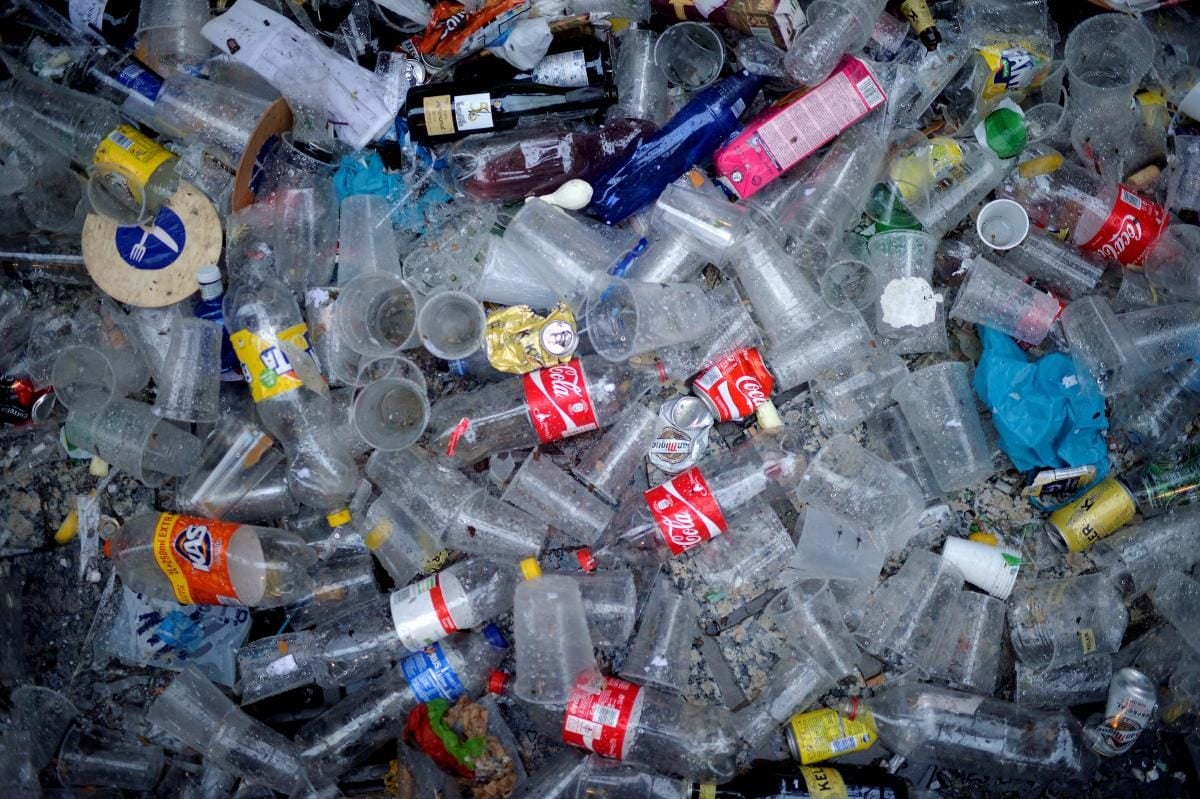
American researchers have created genetically modified bacteria capable of decomposing very strong plastic. In the process of using the material, microorganisms make it even more rigid, and once it gets to the landfill, they will break it down in a short time.
Plastic is a universal material of our time: it is cheap, chemically resistant and durable. However, it is the latter property that makes it difficult to utilize. Plastic takes tens and sometimes hundreds of years to decompose, which is why this kind of waste pollutes the land and oceans. That’s why scientists around the world are constantly thinking about how to break down plastic in the most efficient way, and in recent years, bacteria have been discovered that can do this.
Rhodococcus ruber, for example, can feed on plastic, destroying up to 1.2 percent of the weight of polyethylene that enters the world’s oceans every year. However, this requires appropriate environmental conditions, and the plastic itself, which can be broken down by such bacteria, is usually soft. The situation is much more complicated with durable materials, such as thermoplastic polyurethane, which is used to make shoes, car parts, phone cases, and many other household goods. So far, this type of plastic is not recyclable at all.
Scientists from the University of California, San Diego (USA) decided to take care of this problem. They drew attention to Bacillus subtilis, a type of gram-positive bacteria that is derived from hay extract. The bacterium is found everywhere, from the intestines of humans and animals to air and water. The same microorganisms are capable of decomposing plastic.
The researchers suggested introducing Bacillus subtilis into the material itself. The bacterium will not decompose the plastic until it gets to the landfill and comes into contact with the soil. For it to start producing enzymes, the plastic must be buried in compost. Therefore, you can use such products for as long as you like. But there is a problem: the high temperature used in plastic production kills most bacterial spores.
Therefore, scientists have created GMO microbes Bacillus subtilis that can withstand heat and found that 96 to 100 percent of the spores of such bacteria can survive at a plastic processing temperature of 135 degrees Celsius. This is a very promising result, since non-genetically modified bacteria survive such heating only about 20 percent of the time.
The researchers then tested how well Bacillus subtilis decomposes plastic. It turned out that at a concentration of up to one percent by weight of plastic, microorganisms break down more than 90 percent of the material within five months of being buried in compost. The scientists also discovered another nice bonus: plastic made with Bacillus subtilis is 37 percent stronger and 30 percent less prone to tearing than conventional thermoplastic polyurethane. Thus, the bacterial spores act on the material like a reinforcing filler.
The study was published in the journal Nature Communications.

